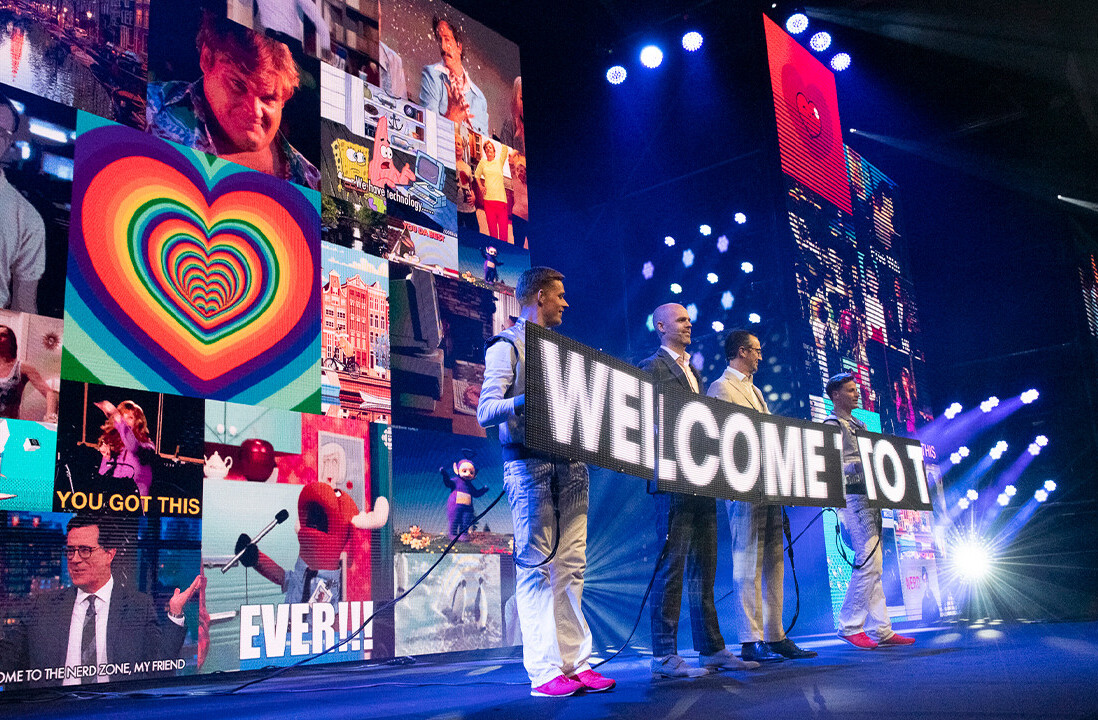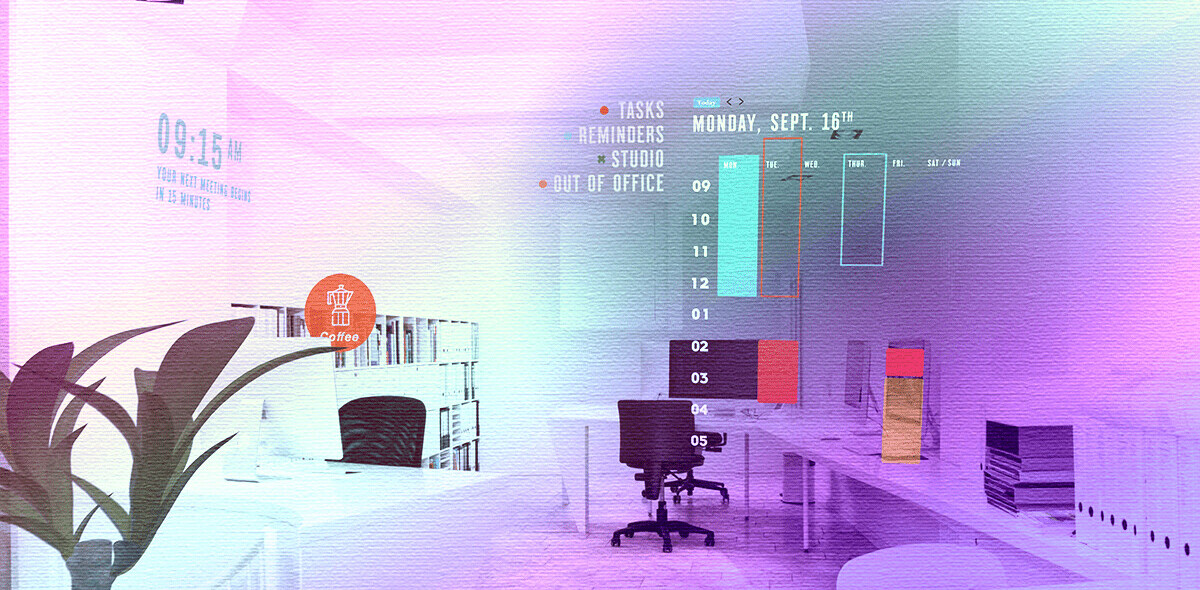According to recent reports, the majority of K-12 schools in the US are unable to offer the quality course programs required for students to acquire essential computing skills. The schools are lacking either the funds to provide the courses or good faculty to teach computational skills.
The Virtual High School, VHS, is a nonprofit organization that aims to offer the highest quality online education to the students of middle school and high school. But also for educators themselves to improve their professional skills.
VHS is attempting to help teachers fill the void by offering the most advanced courses online that help their students gain knowledge of the various aspects of computer science.
The students who complete this program are awarded a certificate in computing, but this is only the beginning of their journey. By way of developing custom courses as well as individual courses, VHS is also enabling the students to learn different subjects simultaneously.
Adopting a holistic approach to the field of computer science appears to be a winning formula. The students who have attended this online program seem to develop more interest in computer science organically. As a result, they eagerly and enthusiastically participate in different course programs that are related to computer science.
Students that complete 3 – 4 semesters of their courses in computer science are recognized accordingly for their efforts. Based on their unique interests, VHS provides suggested pathways that help them to choose the course program.
Technology is increasingly helping educators take that giant leap away from the traditional one size fits all approach to education. Maybe this is something we should learn to celebrate, rather than fear.
VHS also seem to be instilling an art of the possible mindset into their students. Trendy topics such as Scratch and Video Game Design have introductory levels that capture their interest early on. Subsequently, this often leads to the programs in Web Designing or Java programming.
However, VHS also offers a series of summer programs to teach students important subjects such as science, technology, engineering and mathematics (STEM) too. But these are carefully selected by the career considerations of their students.
Various concepts in science and math are taught by connecting them to real world situations. For example, physics, chemistry, life sciences and engineering provide the students the opportunity to learn various topics with the help of multimedia as well as textbooks.
On my podcast, I recently spoke with Carol Ribeiro, President & CEO of The Virtual High School about how students perform better when they receive individualized attention.
When students perform experiments using the knowledge they gain, they are naturally compelled to share their findings with classmates and this is proving to be incredibly valuable. In the weekly group activities, the students also discuss the connection between what they learned and the real world.
It’s this sharing of information about the latest innovations, the most advanced technology and also solutions that are capturing the hearts and minds of students.
By opening their eyes to see beyond their classroom environment, they can understand the latest issues faced by humanity such as global warming, new types of diseases, etc. But, most importantly, think about how they can make a difference.
There was a time when teachers were fearful of how technology could disrupt both their profession and the education landscape. Thankfully, we now realize how technology is the perfect tool for teachers to not only captivate the attention of their students but help them to see the bigger picture and the role they can play in society.
Get the TNW newsletter
Get the most important tech news in your inbox each week.






